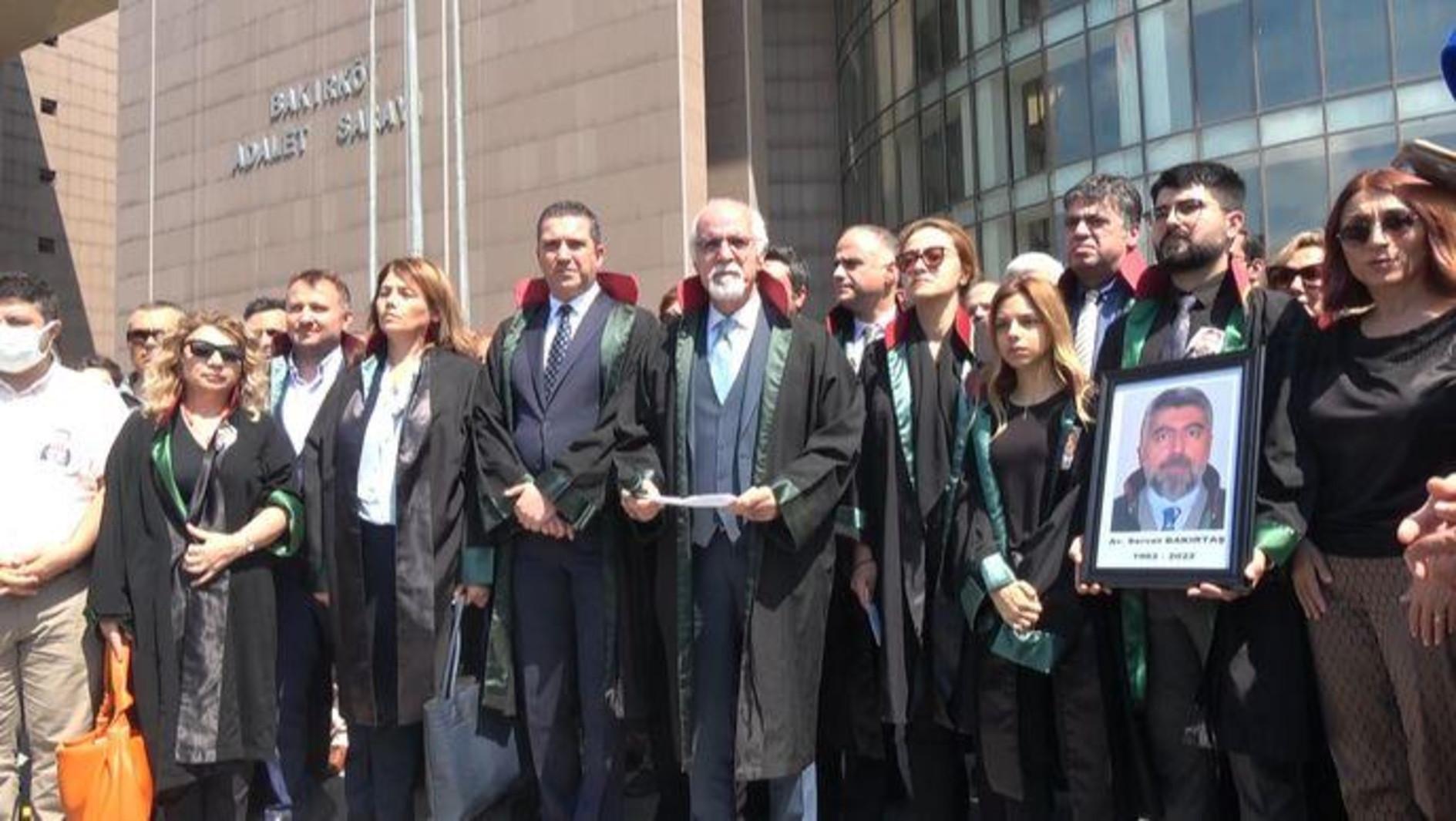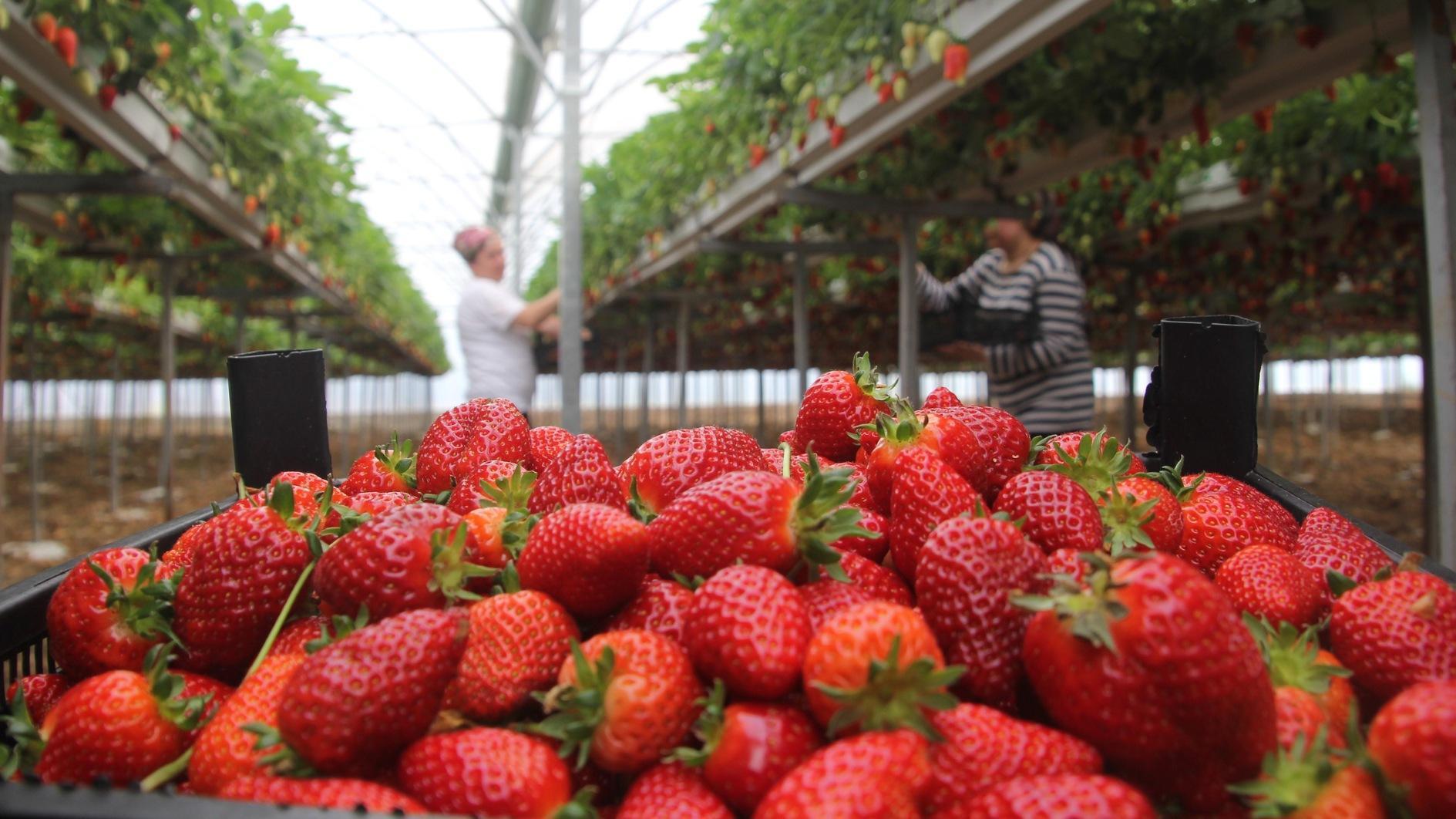Haiti's main port closes as US presses for 'urgent' transition
PORT-AU-PRINCE

Haiti's main port was forced to close Thursday as chaotic gang violence engulfed the Caribbean nation and the United States told the absent Haitian prime minister to enact "urgent" political reform.
The Haiti government extended a state of emergency by one month in the west of the country, which includes the capital, as prisoners sprung from two jails earlier in the week swelled the ranks of gangs enforcing their control of much of the nation.
Caribbean Port Services, the sole operator of the port in Haiti's capital city Port-au-Prince, cited "malicious acts of sabotage and vandalism" as it announced the decision to suspend all services.
Secretary of State Antony Blinken spoke to Haitian Prime Minister Ariel Henry to ask for an "urgent" political transition, said a U.S. official.
Blinken spoke with Henry about "the urgent need to accelerate transition to a broader, more inclusive government today," said Brian Nichols, the top U.S. diplomat for the Western hemisphere.
Blinken pressed on "the need for a more inclusive government that includes many more political forces and has the breadth to take the country through the electoral period," Nichols said at the Council of the Americas trade group.
Gangs again targeted police late Wednesday by setting fire to a headquarters in Bas-Peu-de-Chose, a neighborhood in the capital. Officers escaped before the attack, which also destroyed several police vehicles, according to Haiti's police union Synapoha.
No elections, no president
The criminal groups went on the offensive last week while Prime Minister Henry traveled abroad, beginning with an assault on two prisons that allowed the majority of inmates to escape.
Synapoha said that 10 police stations have been destroyed, and at least 15,000 people are estimated to have fled the worst-hit parts of Port-au-Prince.
The U.N. Security Council met in New York on Wednesday to discuss the "critical" situation.
Jimmy "Barbecue" Cherizier, an influential gang leader in Haiti, has warned of civil war and mass bloodshed unless Henry resigns.
As well as the state of emergency, the capital is under a nighttime curfew to try to foster peace, but the gangs are often better armed than the security forces.
In power since the 2021 assassination of president Jovenel Moise, Henry was due to leave office in February but instead agreed to a power-sharing deal with the opposition until new elections are held.
When the latest unrest broke out, Henry was in Kenya to negotiate a U.N.-backed multinational police mission to stabilize his country.
He has not commented on the surge in unrest and was last confirmed to be in the U.S. territory of Puerto Rico as gang violence at Haiti's main airport made his return risky.
United Nations rights chief Volker Turk said Wednesday the violence was "beyond untenable" with 1,193 people killed countrywide this year by gangs.
The United States urged Henry to hold fair elections, but added it was not calling on him to resign -- a key demand of Haiti's gangs.
Nichols called for greater assistance from the world.
"We've got to do more urgently. The crisis in Haiti has the humanitarian proportions that demand a global response, the way the international community is responding to the challenges in Ukraine or in Gaza," he said.
Haiti, the Western hemisphere's poorest nation, has been in turmoil for years, and Moise's assassination plunged the country further into chaos.
No elections have taken place since 2016 and the presidency remains vacant.
















